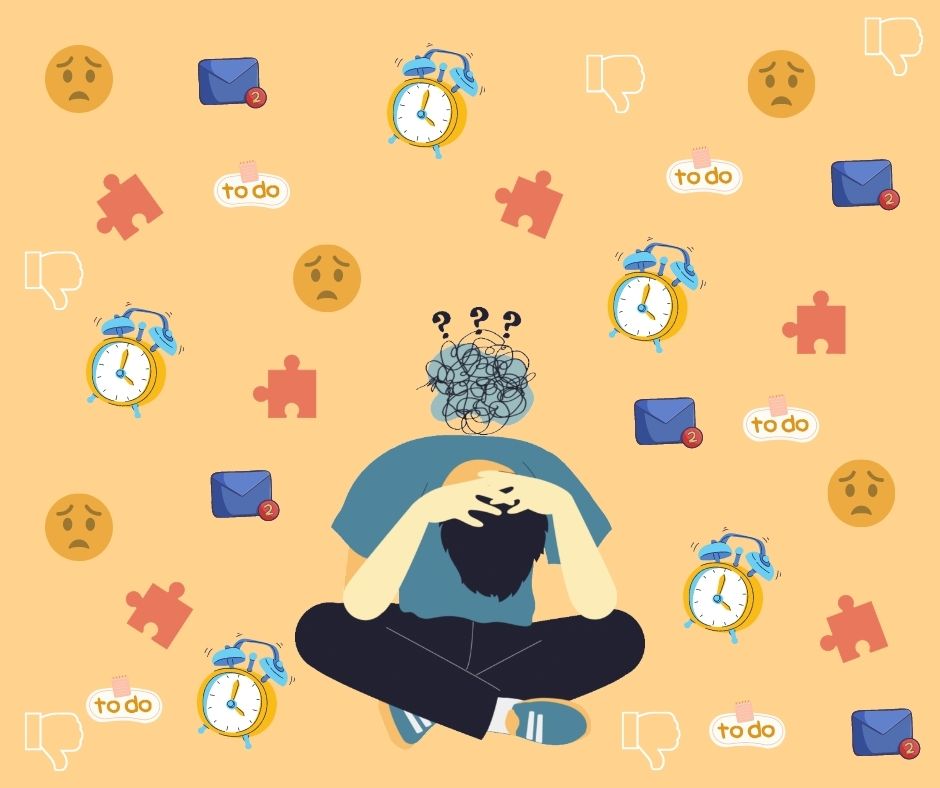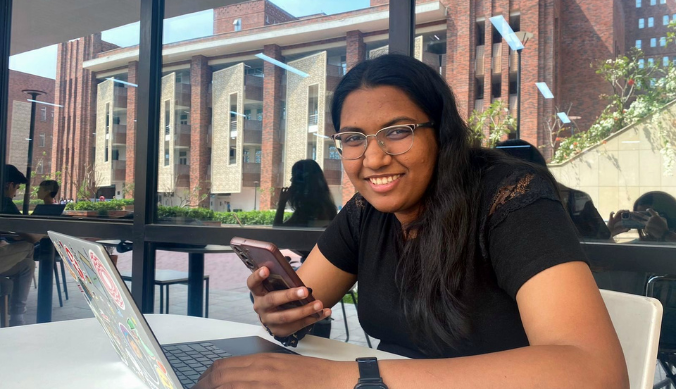Dealing with Anxiety
When anxiety is persistent and impacts our day-to-day functioning, we must consider reaching out to the available resources
Almost all of us have felt anxious at some point in our life. It can be related to an exam, a job interview, starting university, or even going out on a date. This feeling is normal and it usually occurs when we do anything out of our version of ‘normal’. Any change in our routine is bound to elicit some sort of reaction from us.

This feeling of anxiety is often manageable for many and they are able to continue with their lives as usual. However, when this anxiety is persistent and impacts our day-to-day functioning, we must consider reaching out to the available resources.
One thing many are often confused about is “When does it get that bad?” and “How do we even know it’s serious?”
The answer is not as simple as we would think. When that feeling of anxiety gets too uncomfortable to bear, it is essential to seek help. There can be both physical and cognitive symptoms to understand when to reach out. These can include an upset stomach, rapid heartbeat, loss or increase in appetite, and several others.
The cognitive symptoms can include trouble concentrating, disturbed sleep, and anxiety so uncomfortable that one feels like they might pass out. These symptoms, left unchecked, can turn into an incredibly dangerous situation for both us and those around us. When we are not comfortable with our own situation, we often tend to be aloof and unnecessarily hostile with those who are close to us.
In a situation where you are confused about whether your anxiety is serious enough, it might still be a good idea to reach out for help. This can help us prevent our anxiety from getting too serious. Although it is always advisable to seek professional help when we feel things going wrong, it also helps to reach out to our support structure. This could mean our parents, our friends, or even our teachers.
It is important to have someone in our life who can provide us with an open, safe, and non-judgmental environment to discuss our feelings. If you feel like your anxiety is preventing you from doing well in your university classes, it is always advisable to reach out to your professors and inform them about the situation. Even though it may not always feel like it, many professors genuinely care about your well-being and will try to accommodate you, provided they are given prior notice.
Many universities, including Ashoka University, have dedicated centers like the ACWB that offer counseling and well-being support for anyone who needs it. Resources like these, which are free, professional, and confidential can be a massive help for someone struggling with anxiety.
Therefore, when we are anxious, it may seem like we must face all our challenges on our own and if we are unable to, we are failures. Nothing can be farther from the truth. Recognizing that we need help and actually reaching out for this is an incredibly brave decision.
Slowly but surely, many institutions are recognizing the importance of well-being and are now becoming increasingly open to both resources and accommodations for the same.
(This article has been written by an intern at ACWB)










